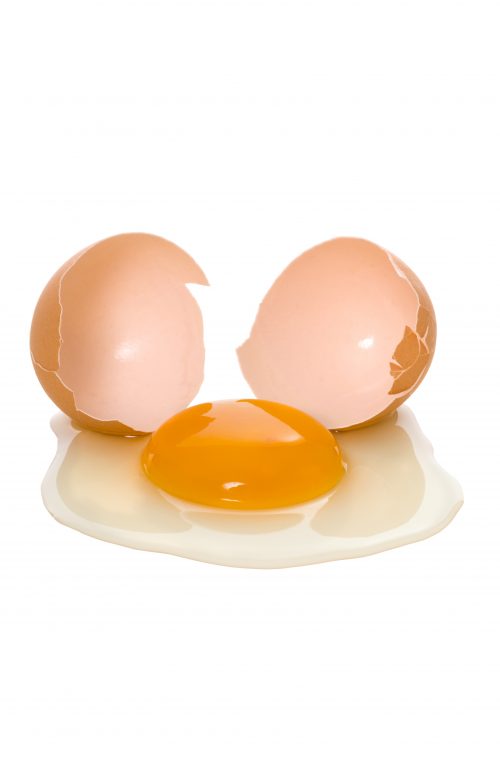
Q: "My partner is allergic to wheat, eggs and dairy products. I would love to know more about substituting eggs in cooking. They seem to have so many different functions and what works as a substitute for one function doesn't seem to work for others."
Bridget
A: We asked nutritionist Bronwen King, also a qualified chef, to respond:
"You're right: eggs do have many functions in recipes. The main ones are as binders, holding the ingredients together (e.g. with meatballs and cakes) and as raising agents (as in sponge cakes and soufflés) because of their ability to trap and hold air. In many recipes they are also the main structural component, e.g. pavlovas and meringues: these are the hardest to find substitutes for. The purpose the egg serves in the original recipe, as well as the quantity of egg required in the recipe, determines whether you need a substitute, and if so, which alternative ingredient will work best. As a general rule, if a recipe calls for three or more eggs, as many baked goods do, the eggs perform a vital function in the recipe and finding a suitable replacement may not always be possible.
Replacing eggs used as binders
This is relatively easy. Any of the following ingredients can replace one whole egg in baking:
- Commercial vegetarian egg replacer – use as directed on the packet
- 1 tablespoon of cornflour/custard powder mixed with 2 tablespoons of water
- 1/4 cup of tofu blended with the liquid ingredients in the recipe
- Half a small banana, mashed; or 1/4 cup apple purée; mashed pumpkin; or puréed dates/ prunes. These will add a hint of flavour and give a denser texture to the end product. For a lighter texture, add an extra 1/2 teaspoon of baking powder to the mix.
In savoury dishes (eg. meatballs, burgers and fritters), your choice of substitute depends on the degree of binding you need, as well as how the ingredient will blend with the other flavours in the recipe. Use 2-3 tablespoons of any of the following (or a combination of them) to replace one whole egg:
- Mashed potato or instant potato flakes
- Quick cooking rolled oats
- Finely crushed breadcrumbs
- Wholemeal flour
- Cornflour
- Potato starch
- Arrowroot
- Tomato paste
- Cooked red lentils
Replacing eggs as raising agents
This is difficult, as often the egg provides the structure of the product as well as the raising agent (as in pavlovas and soufflés). Using the substitutes suggested for baked products and adding an extra 1/2 teaspoon of baking powder per egg may work, but you will have to experiment to find out.
www.healthyfood.com










